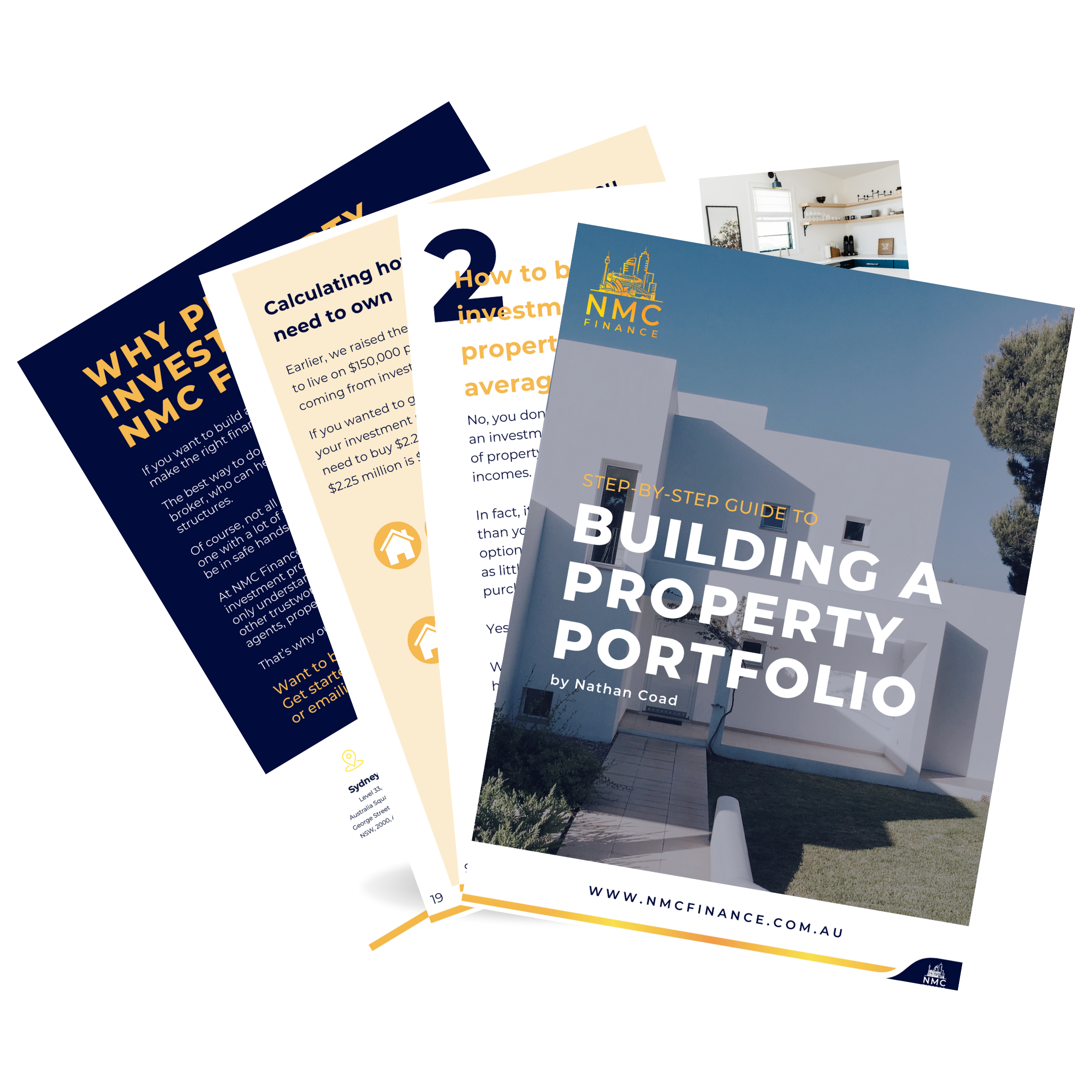If you’re not an employee, it may be more difficult to get a home loan.
Home loan lenders may think there’s more risk involved because your income may be unpredictable or irregular. Also, it may be harder for them to verify your employment.
Consequently, some mortgage lenders will demand a lot of paperwork to prove you earn what you claim. Others may require a higher deposit, even up to 30%.
That’s why it’s important to talk to a mortgage broker. The best mortgage brokers work with mortgage lenders that enjoy serving business owners and will offer them deals similar or even equal to those enjoyed by salaried employees.
Who is a self-employed borrower or business owner?
- Someone who runs their own business (sole trader)
- Someone who runs their business as a partnership
- Someone who owns a company
- Some tradespeople
- Someone who works from home for themselves (like a freelancer)
What lenders will require
To prove your business is profitable and you earn enough income to repay a 30-year mortgage, you may be required to provide any of the following:
- A payslip if the company pays you a regular salary
- A valid Australian Business Number (ABN)
- Two years of business financial statements, including a balance sheet and profit and loss
- A list of any outstanding debts or loans for the business and yourself
- A list of your assets
- A notice of assessment from the ATO for the business and yourself for the past two years
- Proof of any personal savings
- Proof that the business has been trading for at least two years
- Two years’ trust financial statements (if you’re trading as a trust)
- Bank statements for the business and yourself
The periods mentioned above differ per mortgage lender and could be one year, 18 months or two years.
Low-doc loans
If business owners don’t have all the required documents, they may still qualify for a low-doc loan.
In that case, they’d need some or all of these documents:
- A signed declaration stating your usual income that you draw from the business (your accountant may have to sign this)
- Your business activity statements (BAS) for a certain period (could be up to 12 months)
- Proof that your business is registered for GST and has been for a certain period (which will normally match the period the lender requires BAS for)
- Your ABN (mortgage lenders may require you to have been registered for a certain period)
There may be costs involved with using the low-doc process, like being charged higher interest rates or needing a higher deposit.
But, not all mortgage lenders offer low-doc loans.
Professions
Although professionals like doctors, lawyers and accountants are also business owners, some lenders make a concession for them and will give them home loans with as little as a 5% deposit without making them pay lender’s mortgage insurance.
Fast-track home loans
If you’ve been running the business for several years and paying yourself a regular salary, you may qualify for a fast-track mortgage loan. Eligibility depends on the mortgage lender but typically includes:
- A 20% deposit
- Two years’ personal notice of assessments from the ATO
- Proof that you pay yourself a salary from the business and that it’s sufficient to cover the home loan repayments
As an expert finance broker, NMC Finance can help you get a home loan if you’re a business owner. Contact Nathan Coad on 0498 766 639 or nathan.coad@nmcfinance.com.au to find out more.
* This blog is intended for general informational purposes only. For personalised advice tailored to your unique financial situation, please contact NMC Finance.

